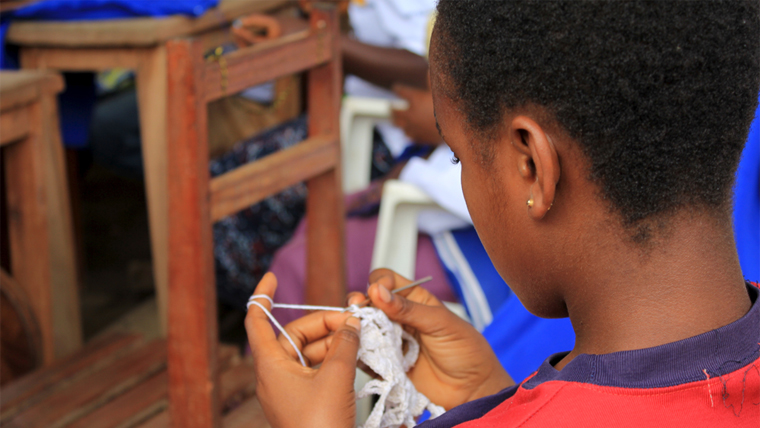Violence against children in emergencies is a major concern, warns World Vision
- Protection of women and children against violence is the most consistently under-funded need in emergencies
- Emergencies in Syria and Philippines show how urgent responding to this issue is, says aid agency
- UK government-led meeting in London is a call to action to protect the most vulnerable girls and women

Violence against girls and women is all too prevalent across the globe – and increases during and in the aftermath of emergencies – says World Vision on the eve of a major conference.
“As the aid response to the Philippines disaster intensifies, and horrors continue to emerge from the war in Syria, the prevention of violence against women and children must be at the front of everyone’s minds,” says David Thomson, head of policy and programmes for child-focused aid agency World Vision.
“We know from experience working in emergencies for more than 60 years, that sadly, in emergencies children are at their most vulnerable. Studies show violence increases and it is often women and girls who suffer the most. And yet, protecting them is the most consistently under-funded aspect of emergency responses, receiving on average less than a third of what is needed.”
Governments, UN agencies and policy leaders are gathering in London tomorrow (Wednesday, 13 November) for a high-level event looking at preventing violence against women and girls in emergencies. World Vision believes that there needs to be a focus on prevention, and strengthening “survivor-led accountability”, an important step in making sure those who need hep are getting it, says Thomson, who will be speaking at the event.
“We’ll know we’re doing a good job, when they tell us we are.
“The risk of violence is often further worsened by lack of shelter, cramped quarters and lack of privacy. Often victims are too afraid to report the violence, rooted in structural and uneven power dynamics, or do not know how to do so. This is why awareness of this issue, and a focus on tackling it from the outset, is so key.”
Governments and organisations represented at the event will commit to “do things differently than we have in the past and agree common principles for doing so,” says Thomson.
“As we have been reminded so poignantly this week and over the past few months, disasters occur far too often in the world today. And we know that focusing on the root causes of this violence can and will prevent the abuse of children, especially at times like these. This event is a call to action.”